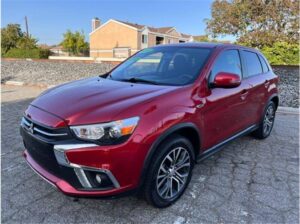There are many mistakes a driver can make when buying a new truck, such as choosing a chassis that is too light or a van that is too large. Visit this site for used trucks in sacramento.
These errors can significantly affect the productivity of drivers hauling loads and increase truck maintenance costs (either to correct the error or to deal with premature maintenance problems caused by these poor decisions).In this article, we will mention most common mistakes that many drivers commit when choosing a truck, so you can avoid them.
Selecting a less resistant chassis
The goal is to strike a balance between required space and weight. If you put load that exceeds the weight limit of your truck, even if you have a lot of space to fill, you could ruin the chassis of your truck since it will not hold. That is why the strength of your chassis must match the type of load you handle.Click here for used trucks in sacramento.
Chassis and truck length not matching
The problem that arises when the chassis and truck lengths do not match is an incorrect weight distribution relative to the rear axle.

For example, if a cargo truck has an overhanging van (beyond the rear wheels), the weight distribution will be wrong: the front wheels will carry less weight than they should and the rear wheels will wear out faster.
Ignoring the height of the van
Consider the places or offices that your new truck could visit. Fleet managers are advised to check in advance for any potential issues regarding truck height.
Forgeting about interior lighting
Fleet managers need to know that there will be times when they will have to deliver goods overnight. For these situations, you should ensure that the inside of your truck has adequate lighting. If you deliver during the day, a translucent roof will be very useful as it will allow natural light to enter the van.
Without adequate lighting, it will take longer for workers to find the load for a specific delivery; this will slow down the work.
Picking the wrong truck size
Some fleets try to perform more than they should with the wrong specifications. On one hand, large trucks represent higher expenses: their cost is higher, as is operation and maintenance.
On the other hand, a truck that is too small could mean that it will be overused (because it requires more trips to deliver loads compared to a large truck), resulting in higher operating costs.
You need to determine how the truck will be used primarily and then buy the appropriate truck.










